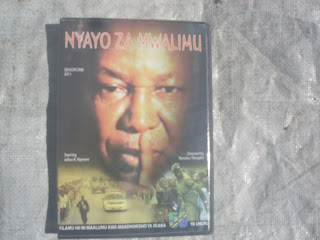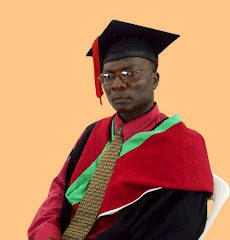DELIVERIES of sardine from the great lakes regions to the main Kariakoo market, the biggest in the city of Dar es Salaam have gone down, thus forcing the prices of this commodity to rise up. With this supply crunch, the survey conducted early this week at the market shows that, a retail price of a kilogram of this commodity is currently pegged at Tsh. 5,000 from Tsh. 2,500 which it had been before in the last two months. This is an increase of 100 percent. Statistics kept by the market administration shows that, beginning early October this year, daily deliveries to the market have fallen by approximately 50 percent from 506 bags to 244 bags per day each weighing between 45 and 55 kilograms. Nicolus Omolo, an economist and market statician attributes the dwindling supply that has resulted high sale of this protein nutritious food as due to scarcity of sardines currently being fished out from the lake. However, he added that, this is being caused by the prevailing long rains from the main supplying regions which started in October. Other reasons he attributed as the most important ones are due to the high freight charges induced by road transporters which is currently characterized by the constant depreciation of Tanzanian shilling coupled by the rise of oil. Traders at the market say that, the trend of the business is normally affected by weather conditions of the year that interacts with the trading periods from the source areas which normally starts from October and ends up in early January. An unfavorable condition reduces supplies to markets from the production areas.
Johnson Ouma, a wholesale trader from Mwanza region told this paper in an exclusive interview that, during rainy seasons, sardines are not easily found as they go down to the basement of the lake because they need warmth an aspect that it is very difficulty for fishermen to catch them.
However, he said that it's not easy to predict when how long is this situation going tio persist, but critics from the areas of the main supplies that fishermen are not to blame as they are not concerned wit the price rise for they are also labourers. Good sardines never fail to find a good market in Dar es Salaam city markets says Mary Adoyo, a famous sardine wholesale trader located at Kariakoo's sub terranean part of the market {shimoni}. However, she noted that, despite of the price hike, still people would prefer to buy the commodity as the sardines from the great lakes regions have a delicious taste and have no difficulty in attracting customers.
 This photo was taken in early July this year, when a kilogram of sardine was sold at Ts,. 2,800 at Kariakoo. Now the prices have doubled.
This photo was taken in early July this year, when a kilogram of sardine was sold at Ts,. 2,800 at Kariakoo. Now the prices have doubled.The survey has also discovered that, there is a slight increase in price of sardines from Kigoma in lake Tanganyika. These are sold at between Tsh. 12,000 and 17,000 from between Tsh. 9,200 and Tsh. 12,500 per kilogram depending on the variety and in terms of quality at the same marjet. “It is surprising as more customers would now prefer to afford a kilogram of oprdinary meat which can be fetched at the same market at between Ts. 4,500 and Tsh. 5,000” remarked one customer who prefered anonymity when approached for comment. Meanwhile, with just three weeks remaining ahead of christmas festivities, prices for cereal foods and other leguminants foods are likely to raise up primarily due to their low supplies at the Kariakoo market. Nicolus Omolo attributes the scarcity of the commodities such as beans, cowpeas, pegion peas, green grames, lentil, monkeynut, peanut, sorgum, finger millet, wheat, rice, maize etc from their areas of main supplies as the impending danger of crop production.



























